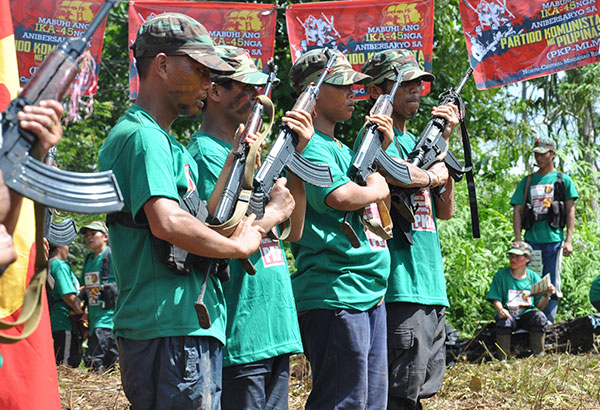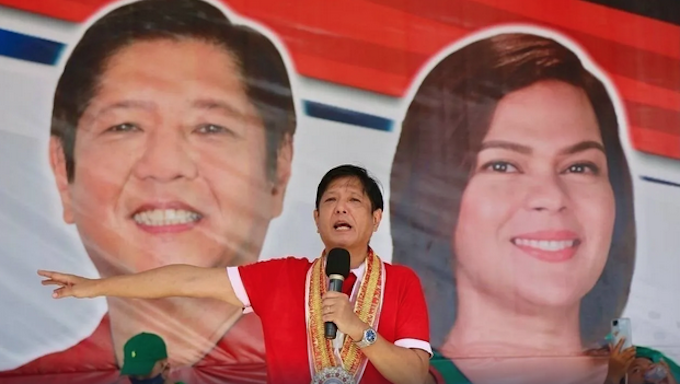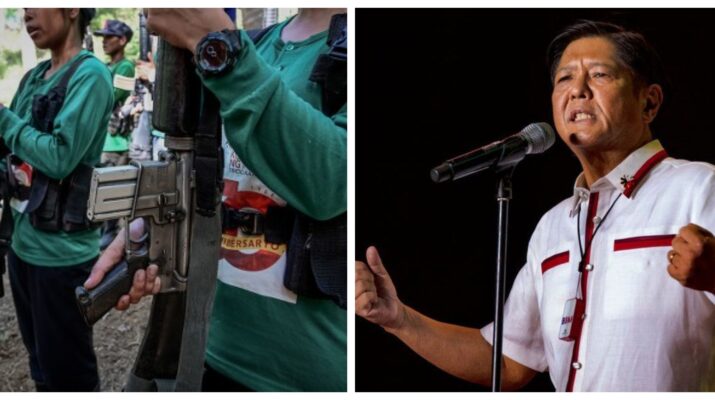Starting peace talks with the Communist Party of the Philippines (CPP) and its armed wing, the New People’s Army (NPA), is almost a rite of passage for any sitting Philippine president.
Yet as sure as the peace talks start, it becomes just as inevitable for the negotiations to eventually collapse and the Philippine military engage the NPA in armed conflict once again.

The constant failure to forge peace between the Philippine Government and the CPP-NPA has led many to think that aspiring for such is a chimera. Because of this, those critics see peace negotiations with the communist revolutionary group to be futile.
This is certainly the view of Vice President Sara Duterte, who repeatedly advised her father – former President Rodrigo Duterte – not to bother pursuing peace with the communist rebels. Yet surprisingly, the government of President Bongbong Marcos has taken a significant first step in resuming peace talks with the CPP-NPA once more.
Last November 23, the Government of the Republic of the Philippines (GRP) and the CPP-NPA and the National Democratic Front of the Philipines (NDFP) signed a Joint Statement in Oslo, Norway affirmed, “the need to unite as a nation in order to urgently address these challenges and resolve the reasons for the armed conflict”.
The parties agreed to a principled and peaceful resolution of the armed conflict and “acknowledged the deep-rooted socio-economic and political grievances” and committed to “achieving the relevant socioeconomic and political reforms towards a just and lasting peace”.
“Just and lasting peace” is the elusive dream that past Philippine presidents have repeatedly tried but regularly fail to achieve. What will be different in this round of peace talks under President Marcos Jr.?
Past Philippine presidents have viewed the communist rebellion purely through a militaristic lens. This is precisely why the notion of a just and lasting peace has been elusive for decades.
But the armed conflict waged by the CPP-NPA goes deeper than mere belligerency, otherwise the rebellion would have been quelled after large contingents of the NPA’s force were neutralised by the Philippine military.

Yet, generation after generation, the NPA’s ranks seem to replenish almost organically. This is because abject poverty and human suffering caused by landlessness, joblessness, and the destruction of the environment in pursuit of natural resources continue to push marginalised Filipinos to take up arms against the Philippine government.
Large swathes of the population continue to live below the poverty line. The unemployment rate is rising, the price of basic commodities continues to strain Filipinos’ pockets, and destructive industries such as mining continues to be patronised by the government – loosening regulations in an attempt to woo more foreign investors to extract Philippine resources.
As long as these underlying issues are not addressed, peace between the GRP and the CPP-NPA will continue to be specious. If President Marcos does not make these root causes the focus of his renewed peace talks with the communist rebellion, peace will evade his administration too.
The Philippine government needs to recognise that the aim is to achieve a “just and lasting peace”. There are two parts to that goal – without justice, there can be no peace.

